Caregivers in Turnersville, NJ – The Family Caregiver’s Health and Emotional Balance are Critical to Quality Care for a Senior Loved One
 Whether you realize it or not, if you are caring for an elderly individual who may have difficulty tending to his or her own needs at home, then you’re a caregiver. You may not have thought about it like that before, but it’s a truth you need to accept.
Whether you realize it or not, if you are caring for an elderly individual who may have difficulty tending to his or her own needs at home, then you’re a caregiver. You may not have thought about it like that before, but it’s a truth you need to accept.
And understand.
What does it mean to be a caregiver? Basically, when someone else’s well-being is at least partially in your control, or in your hands, then you’re a caregiver.
For most family caregivers, they often underestimate just what their loved one is going to require when it comes to care. They believe since they are related, since they live close enough, they would make the best caregiver.
It doesn’t often work out that way. Even adult children who always seemed to get along splendidly with a parent, who only live a few miles away, can find themselves overwhelmed by so many things that absolutely must get done.
That can lead to an elevated level of stress and anxiety, which can also lead to a number of other health problems. Some of the challenges that a family caregiver might face could be physical, but the majority will be emotional and mental.
If you have a tendency to feel guilty, anxious, or worried, then you’re letting your emotional health deteriorate. There are certain things in life that we simply can’t control. There are going to be days when you feel depressed and that’s okay. It’s when the depression tends to linger, when it begins to dictate the choices you make in your present as well as the future, when it becomes a more serious problem.
It’s a good idea to spend some time every week or even every day focusing on your emotional well-being. There are a number of things you can do to help.
1. Take some ‘me’ time. Whether it’s relaxing in a nice, hot bubble bath or going to the gym, your ‘me’ time is important.
2. Speak to a professional counselor. There are many counselors throughout the country who are experienced in helping caregivers deal with the challenges they face on a daily basis. Consider speaking to someone on a regular basis.
3. Stay involved in activities you enjoy. If you give up the things you enjoy in order to be an in home care provider, you’re giving up a part of you. Be sure to make time for those things, even when you’re a caregiver.
In order to do that, you may need to consider hiring a professional caregiver to help out, even for one or two days a week (or more).












